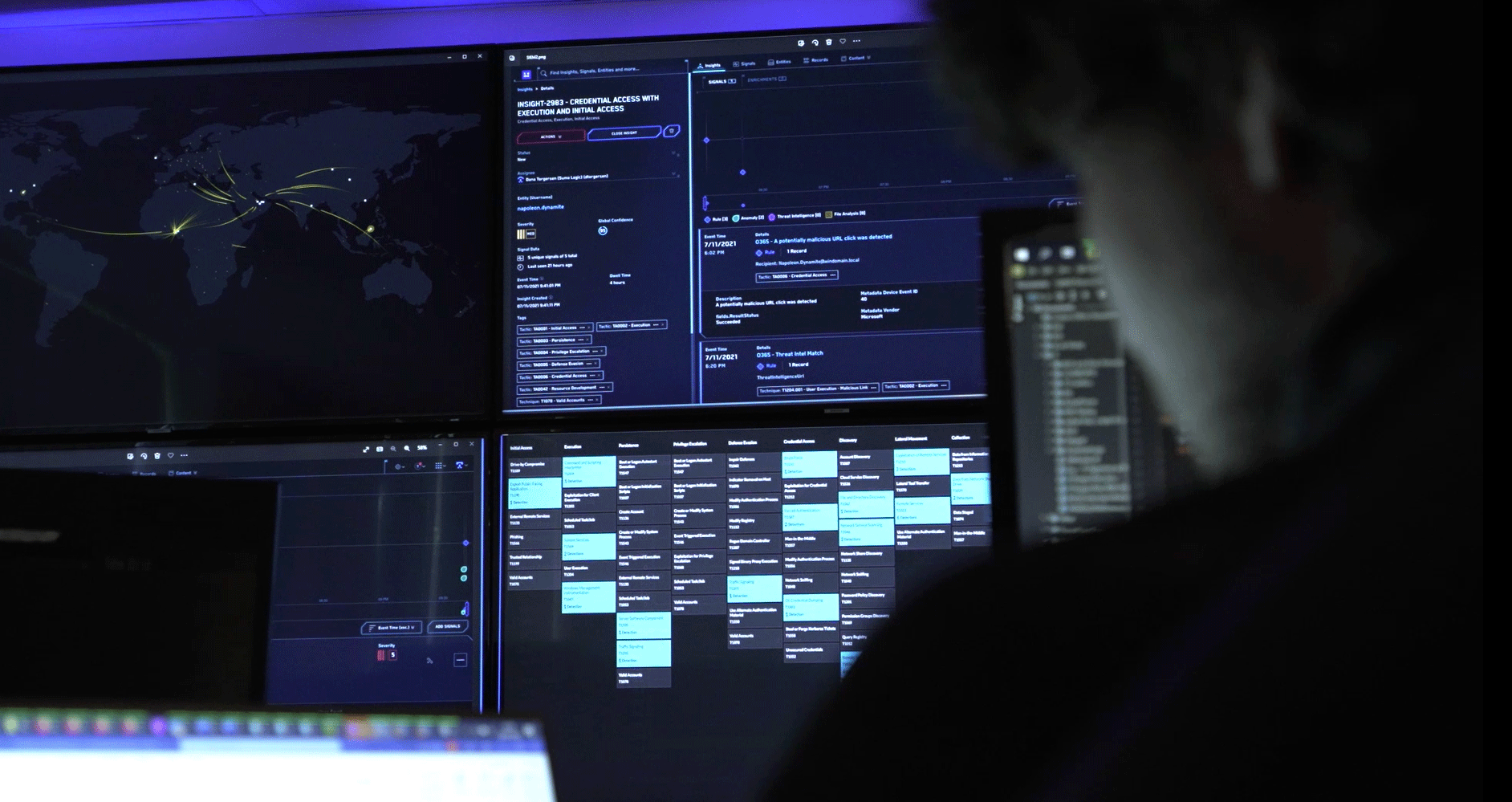
Evaluating cyber security solutions in the modern world
With the increasing use of artificial intelligence (AI) in the workplace, workers in all sectors are concerned about their future job security. Cyber security professionals are no different. Will the evolution of AI render their expertise obsolete? This article delves into the current state of cyber security solutions, evaluates their significance amidst the rise of AI, and concludes with an outlook on the trajectory of cyber security in the years to come.
The proliferation of AI across industries has undeniably sparked apprehension regarding job security, and cyber security professionals are not immune to these concerns. However, the demand for cyber skills is arguably more pressing than ever before. Cyber execs have warned that over the next two years, AI is expected to increase the global ransomware threat. This is down to the accessibility of AI and its ease of use, which allow untrained individuals to access tools and attack organisations they previously would not have been equipped to. To overcome this, the UK Government have invested £2.6 billion under its Cyber Security Strategy in the hopes of improving the country’s cyber resilience.
Alongside this, new cyber measures have been introduced to increase companies’ minimum cyber defences. For example, the PCI DSS announced that DMARC will become a mandated part of its anti-phishing measures from March 2025. Claiming that “As a trusted security advisor, [PCI DSS] highly recommend considering the implementation of DMARC (Domain-based Message Authentication, Reporting and Conformance) for your email domain.” Additionally, Google and Yahoo announced a new set of requirements for email delivery that rolled out in February 2024. These requirements include authentication controls and mandatory SPF and DKIM implementation. This shows the trend towards stricter cyber security measures as organisations are being forced to take further measures to protect themselves.
Concurrently, the escalating cyber threat landscape has led to a shift in cyber insurance. Heightened risks have translated into increased premiums and stricter eligibility criteria. Cyber insurance helps your organisation after the event of a cyber-attack. It will minimise business downtime and financial costs to offset any damages you may have incurred as a result of the attack. Additionally, cyber insurance can help with legal action should you decide to take that route after an incident. Just as homeowners protect their items with home insurance, and travellers protect themselves in case of an accident with travel insurance, it is important that businesses protect themselves in case of a cyber-attack, with cyber insurance.
AI technology cannot replace indispensable human expertise in cyber security. But that’s not to say it can’t be useful. Just as it is helping criminals to automate and expand their operations, so too can it help cyber security specialists to combat these attacks. We are in the midst of a cyber skills shortage. As reported by the UK Government, in 2023, 50% of all businesses are suffering from a basic cyber skills gaps. Integrating AI and machine learning (ML) into operations, as we have at Red Helix, is vital to keep pace with the changing threat landscape. It helps cyber professionals to automate the repetitive tasks of their roles allowing them to focus on the more interesting parts of their roles while providing greater security.
As cyber threats burgeon in complexity, the significance of cyber security becomes increasingly pronounced for organizations and governments alike. By harnessing the symbiotic relationship between AI technology and human expertise, the resilience of cyber defences can be fortified, ensuring the safeguarding of critical assets and infrastructure in an ever-evolving digital landscape.
